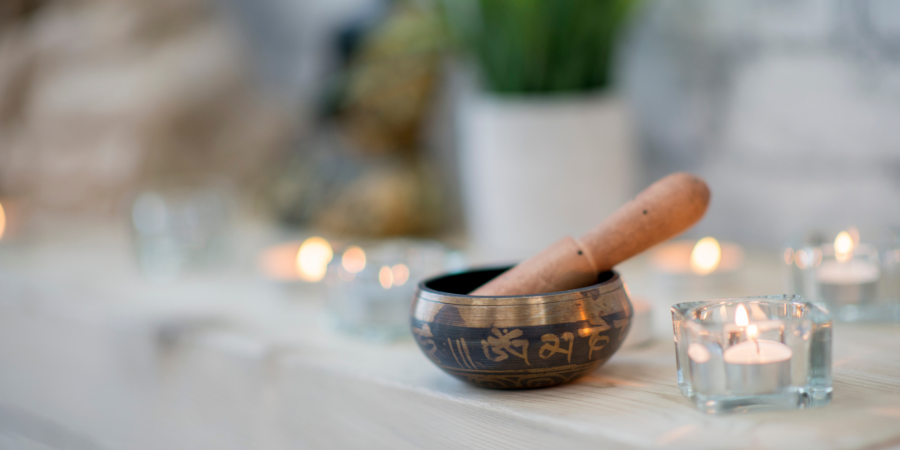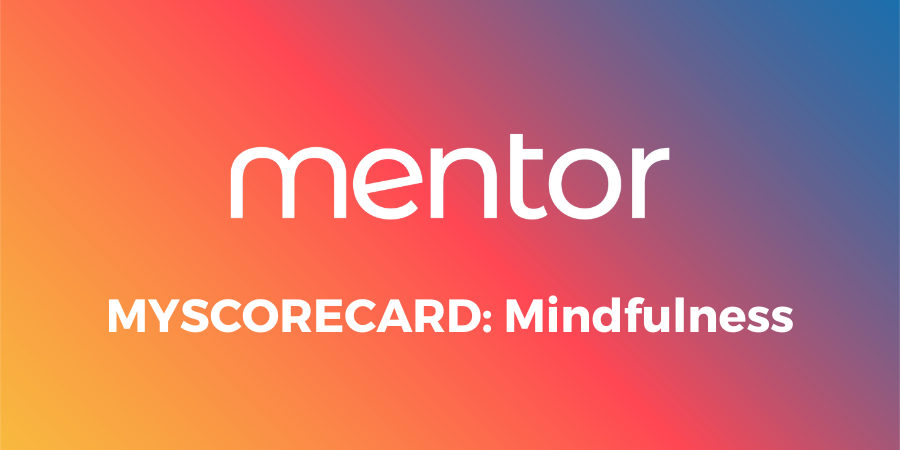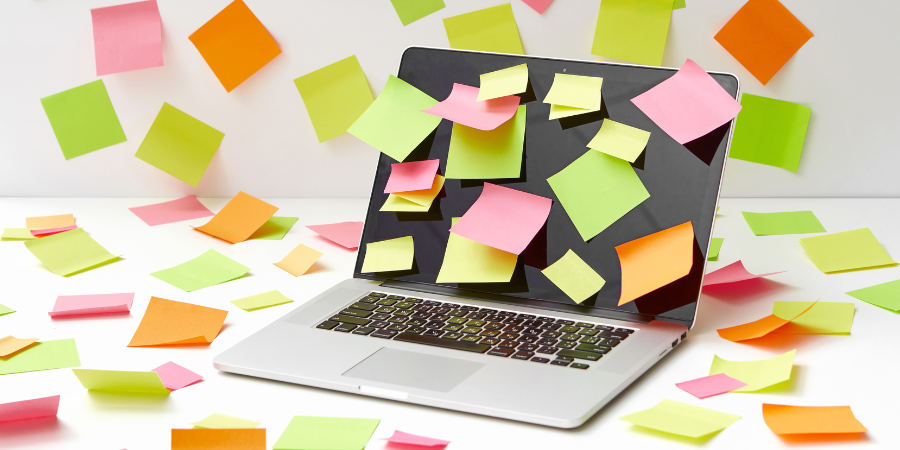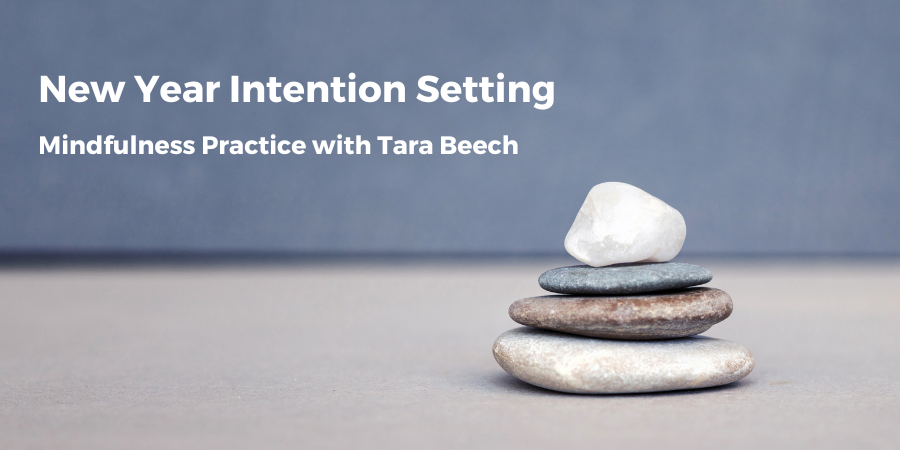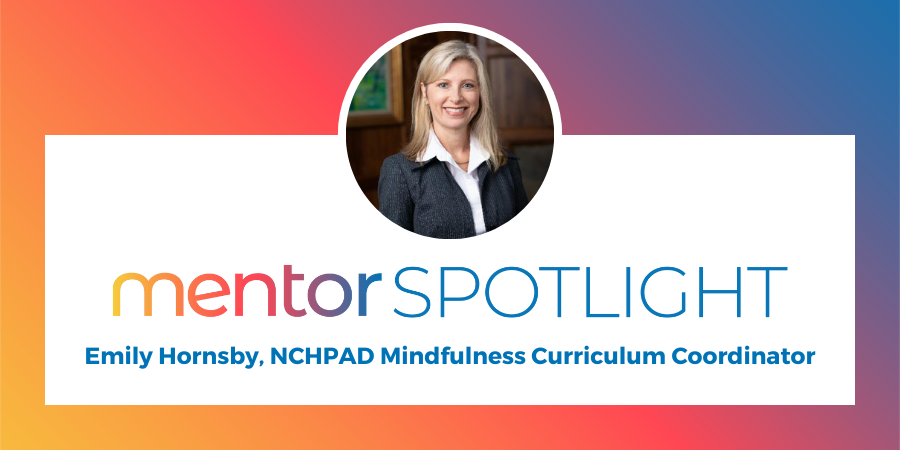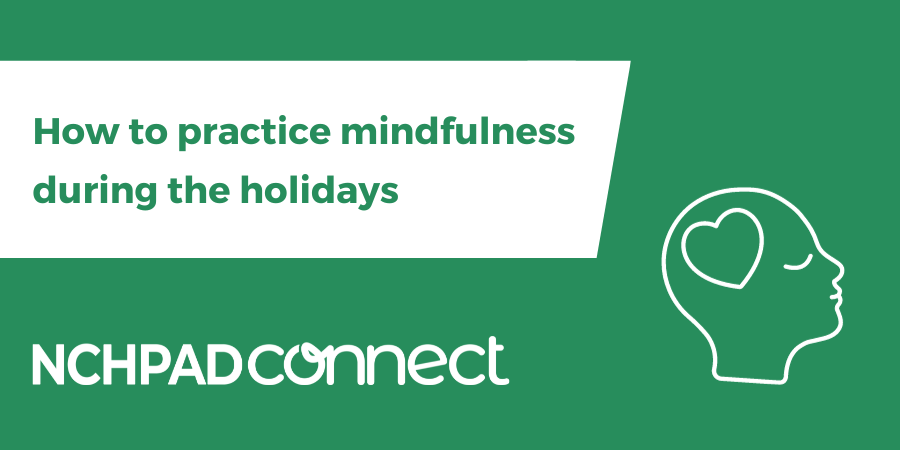Emily Hornsby is a NCHPAD Mindfulness Instructor and will begin a new role this month as our Mindfulness Curriculum Coordinator.
How long have you been with NCHPAD?
I’ve been with NCHPAD for a little over six months or so.
Tell us about your background & education. What brought you to NCHPAD?
I grew up in Tallassee, Alabama, a small town in Elmore County located between Montgomery and Auburn. I graduated from Tallassee High School in 1987. I attended Birmingham-Southern College and graduated in 1991 with a double major in English and Business. I attended The University of Alabama School of Law and received my J.D. in 1994.
I went to work with the law firm Pittman, Hooks, Marsh, Dutton and Hollis in 1994, representing individuals who were catastrophically and permanently injured in some way. After the birth of my two children (and a stint as a stay-at-home mom), I went to work (in 2001) as an Assistant Attorney General with the State of Alabama, representing the Department of Human Resources in child abuse and neglect cases in Jefferson County, Alabama. In 2004, I changed jobs and began working with the law firm of Morris Haynes in Birmingham doing personal injury work representing individuals who had been seriously injured or killed in automobile and trucking accidents, train wrecks and helicopter crashes, as well as cases where individuals have been injured or killed by defective products and legionnaire’s disease. I made a career change in June of 2023 and left Morris Haynes after 19 years of law practice to focus on a career in mindfulness.
I met another NCHPAD Mindfulness Instructor, Cathy Wright, in 2019 at a silent retreat at Spirit Rock Meditation Center. We were both enrolled in the Mindfulness Meditation Teacher Certification Training Program, a 2-year program taught by Jack Kornfield and Tara Brach. Cathy and I started chatting – before we had to go into silence – and realized that we were both attorneys from Birmingham who were passionate about Mindfulness. Cathy created the curriculum for the MENTOR Mindfulness classes and was the founding Mindfulness Curriculum Coordinator for the program. Several years after we both completed our Mindfulness teacher certification training, I told Cathy I wanted to make a career change and focus on Mindfulness, so she invited me to teach in the MENTOR program. That is how I came to NCHPAD, and I am forever indebted to my mentor and creator of the MENTOR Mindfulness curriculum, Cathy Wright, for introducing me to this wonderful program and inviting me to teach.
How long have you worked with people with disabilities?
I’ve worked with people with disabilities in a professional sense since 1994, when I went to work with Pittman Hooks, a personal injury firm. I have represented a myriad of individuals over the last 29 years who have been severely and permanently injured and disabled. As a personal injury lawyer, I saw people who had recently gone through a very traumatic experience that injured them and changed their lives forever. At times, I say personal injury lawyers are, more times than not, a counselor and a legal advocate for their clients.
On a personal level, I have worked with disabilities all my life. My dear Aunt Joan O’Daniel, was born with cerebral palsy. Upon her birth in 1946, the doctors did not think she would live very long, but through her resilience, determination, and sheer will and hard work, she has survived and thrived to age 77. She graduated high school and went to Auburn University and got her degree in library science – and she was a librarian for 20 years until she retired. She was named Woman of the Year and has received many other accolades in her lifetime.
I have accompanied Joan to doctor’s appointments, to ER visits, to the symphony, to the movies, to family reunions and to family gatherings. I’ve been Joan’s advocate at doctor’s appointments, at planning meetings at the assisted living facilities where she’s lived and at the skilled nursing facilities she’s inhabited. All that to say, I have witnessed up close and personal what my aunt Joan and other people who are living with a disability encounter on a routine basis in this country.
I also have a mother who is in the end stages of Alzheimer’s and a father who has recently been diagnosed with multiple myeloma – both of whom are in their mid-80s. I have witnessed their journey with their disease and am their only child who is living in Birmingham, so I spend a great deal of time caring for my parents and my Aunt Joan, who is in a nursing home in Birmingham.
What program or programs do you work with? How long have you worked with that program?
I work with the MENTOR program and am a Mindfulness teacher. I was introduced to MENTOR approximately six months ago by Cathy Wright.
I’m also on the Board of Directors of the Mindfulness in Law Society, a 501c3 organization that promotes mindfulness meditation and other contemplative practices to those in the legal profession to reduce suffering. I, along with my legal colleague, Susan Han, started the Alabama chapter of the Mindfulness in Law Society, where we have meditation sits, yoga classes and social gatherings. I am also the representative from the state of Alabama for IWIL (Institute for Well-Being in Law). I have spoken at the Alabama State Bar meetings and Birmingham Bar Meetings about mindfulness meditation.
What talents or expertise do you bring to NCHPAD or this program?
My talents or expertise is my lived experience in my professional and personal life. I was introduced to meditation in 2012 when I attended a family weekend at an alcohol inpatient rehabilitation center in Minnesota, where my husband at the time was a patient. I was a single mom trying to balance a personal injury law practice while raising two children and having a husband who was sick with the disease of alcoholism. I remember the family weekend at the alcohol treatment center had programs for me – the loved one of the alcoholic. They introduced meditation, which was a new concept to me. It was from that point forward that I began my spiritual journey.
I went online and took a meditation course with Deborah King; I went to an “I Can Do It” retreat in Atlanta and heard Wayne Dyer speak; I attended a “Wake Up” festival sponsored by Sounds True in Estes Park, Colorado; I attended a retreat at the Omega Institute in Rhinebeck, New York and heard Anita Moorjani speak about her book Dying to be Me; I hired a life coach, Lee Irwin, who led me in many meditation sessions; and I ultimately graduated from a two-year mindfulness meditation course taught by renowned meditation teachers Jack Kornfield and Tara Brach to become a certified Mindfulness Meditation Teacher.
Mindfulness and yoga provided me with the resources I needed to get through some truly tough times and they have changed my life for the better, and I am passionate about sharing these practices with others – particularly the disabled community.
What is your favorite thing about NCHPAD or this program?
My favorite thing about MENTOR is that individuals who would not ordinarily take a mindfulness course and may never have been introduced to mindfulness experience it as part of the MENTOR program. It’s wonderful to see participants benefiting from the teachings.
What are you most looking forward to in this program?
I am looking forward to sharing Mindfulness with people who might otherwise have never been exposed to it.
My students tell me that the two rules we teach them (1. Be kind to yourself, and 2. Remember the first rule) have helped them to become aware of their inner critic and how they are treating themselves. This awareness of how they are treating themselves is the gateway to presence and a much richer life.
What hobbies do you have outside of work?
My hobbies outside of work include furthering my spiritual journey through meditation and yoga, spending time with my parents, my aunt and my children, walking in nature, and traveling.
What’s your favorite food, favorite thing to cook or favorite recipe?
My favorite food is blackened redfish. My favorite recipe is Santa Fe soup, which I cook every year the Friday night after Thanksgiving for my family.
What’s your favorite music, movies or tv shows?
I love ALL music. Music is a very important part of my life. Music makes the world go round and brings people together, no matter their political views or sexual orientation. It is a great healer to me.
My mother was a child prodigy of sorts and played piano by ear from a very early age and continued playing in church as the church pianist when I was growing up. She instilled in me a love and appreciation for music.
I took many years of piano lessons growing up and I played the clarinet in the high school band and sang in the church youth choir. I took drum lessons for a brief period of time later in my life. I rarely play the piano but I sing every chance I get – and LOVE to listen to music!
What’s your favorite quote?
My favorite quote is: “All is well.”
Who or what inspires you?
Music inspires me; pursuing my passion of mindfulness inspires me, and all the students in my class who are doing the very best they can inspire me deeply. My Aunt Joan inspires me daily.
If you could switch careers for a day, what would you choose?
If I could switch careers, I would be a backup singer to a very famous singer. I don’t necessarily want to be the lead vocalist, but singing back up regularly and harmonizing and making music to me would be heaven.
What’s one thing (not related to your job) that you could teach someone else how to do?
The one thing I could teach not related to my job is yoga poses: how to breathe through a pose and hold it for a little longer.

